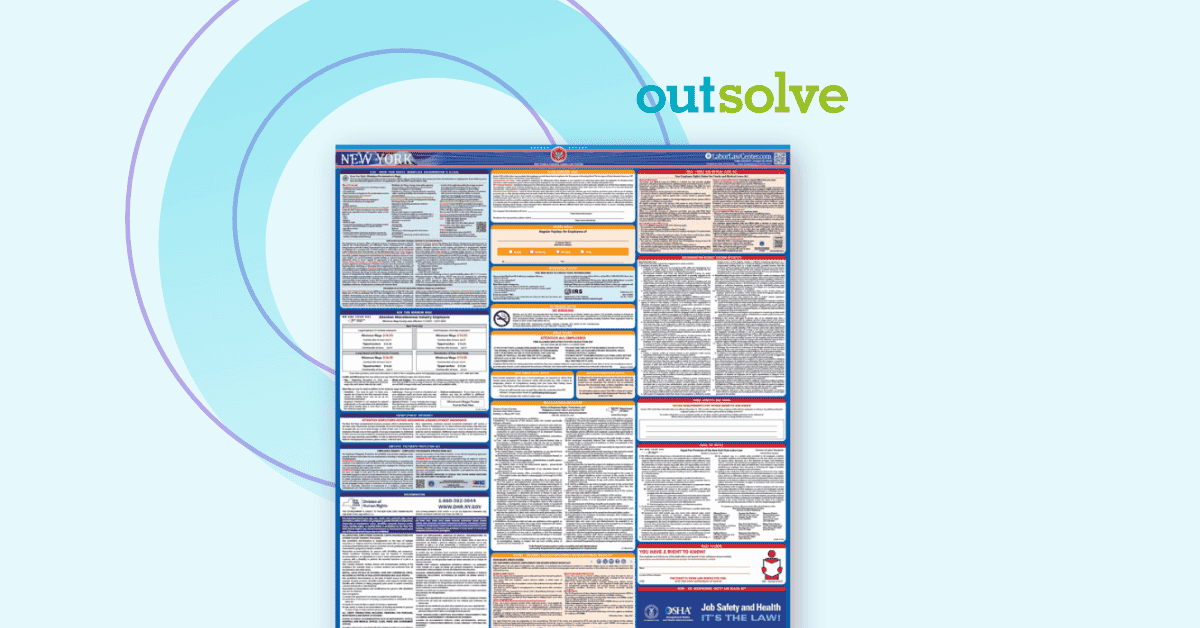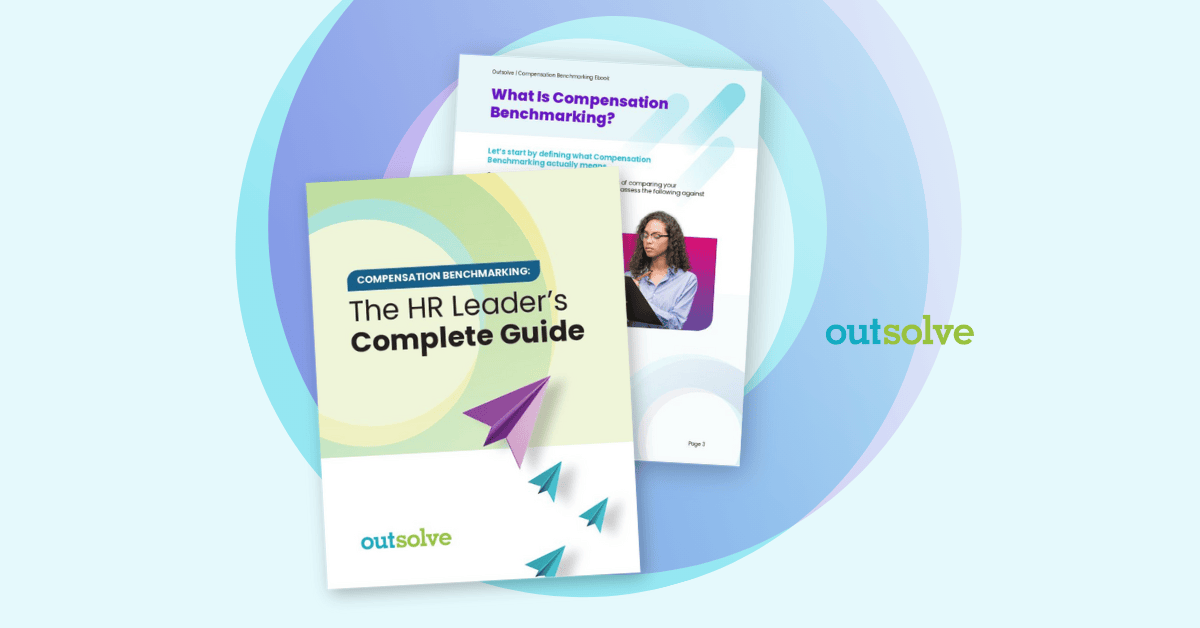Pilot will expand on the resources of the current Transition Assistance Program (TAP)
The Veterans’ Employment and Training Service (VETS) launched the Transition Assistance Program Employment Navigator and Partnership Pilot program to assist transitioning service members and their spouses in identifying career pathways and connecting them to partners and resources to help in their search and placement.
The pilot will run from April 2021 through the spring of 2022 at 13 military bases worldwide and will cover all of the military branches. At the military installations, Employment Navigators will provide direct, one-on-one career assistance outside of the formal Transition Assistance Program (TAP) classroom instruction. The transitioning families will complete self-assessments and do skills testing. The Employment Navigators will explore career options and identify high-demand occupations and required skills.
On the heels of the OFCCP’s release of the new Veteran Hiring Benchmark (5.6% for affirmative action plans developed after March 31, 2021) comes the announcement of this new TAP program to help service members and their spouses transition into civilian careers. What they have in common is the goal to increase the focus on helping veterans find gainful employment.
Transitioning out of the military isn’t easy, and workplaces haven’t always been welcoming to former members of the armed services. But this is a missed opportunity. Veterans are natural leaders with a broad range of expertise and a penchant for teamwork. Unfortunately, their business network is typically limited, and their resumes are often written in military lingo rather than corporate-speak.
Organizations can help bridge the gap by having a veteran or someone on the inside who understands military life to help with the transition from the outside. They should take the time to understand the transferable skills veterans bring to the table. And finally, educate the workforce about stereotypes of those who wear the uniform – that they’re only qualified for specific jobs and/or have certain personality traits.
With programs like the TAP one mentioned above and companies striving to meet the OFCCP’s benchmark, transitioning from fatigues to the firm will hopefully get easier.
Department of Labor press release
Founded in 1998, OutSolve has evolved into a premier compliance-driven HR advisory firm, leveraging deep expertise to simplify complex regulatory landscapes for businesses of all sizes. With a comprehensive suite of solutions encompassing HR compliance, workforce analytics, and risk mitigation consulting, OutSolve empowers organizations to navigate the intricate world of employment regulations with confidence.
Recent Posts

New Executive Orders May Require Labor Law Poster Updates

HR Compliance Checklist: What Every HR Pro Needs to Know
Related Posts

How to Ensure Your Pay Practices are Non-Discriminatory
Administering fair compensation practices is not just the right thing to do, it is essential for legal compliance, maintaining a positive workplace...

Employer Responsibility: Workplace Non-Discrimination Under Federal Law
The world of employment law continues to change. For HR, staying informed about employment law changes and their implications is crucial. One of the...

Compensation Benchmarking: The HR Leader’s Complete Guide
Setting salaries can feel like a guessing game. If you pay employees too little, they leave for better offers. If you pay too much, you strain your...


